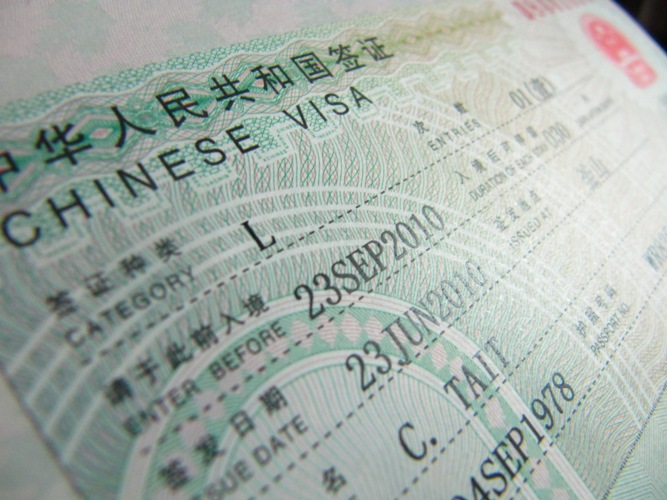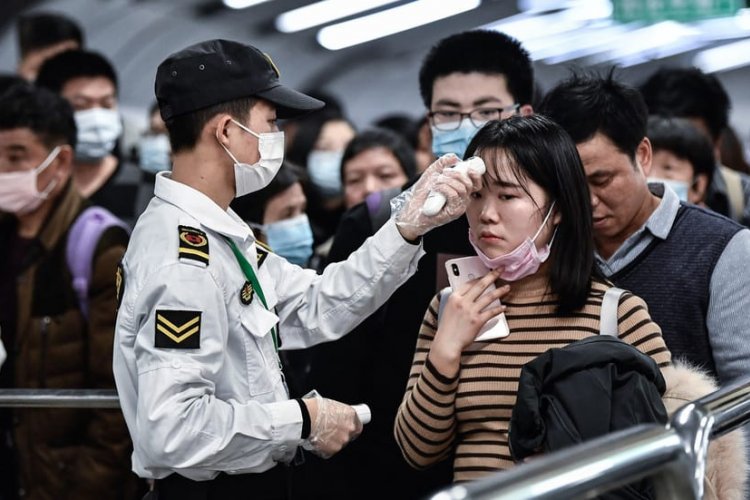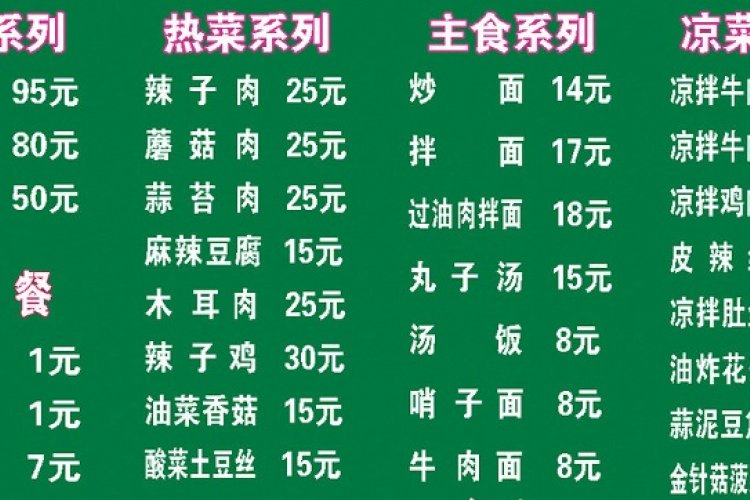Didn’t read anything about work visa! Are we still allowed to work in China? What about "eat where you work visa thing" .. I mean you only work in the company or school that gave you visa. I also heard that that if you hold a spouse visa, you're not allowed to work. You can only sit and watch your family or wash plates for your wife... Any clarifications on this issue?
Paper Trail: Staying on Top of Chinese Visa Changes
Ask any foreigner who’s been in China for a while and you’re likely to hear the same gripe – visas can be a real headache. Visa regulations are ever-evolving as the government tweaks the system to close loopholes and reduce ambiguities. In 2013, there was a major overhaul of visa categories, increasing the number of classifications from eight to 12. In China, visas are referred to by a letter code. Recently, both Canada and the US signed reciprocal ten-year multiple-entry visa agreements with China. Under these agreements, Canadian citizens are eligible for long-term L, M, S2, and Q2 visas while US citizens are eligible for long-term L and M visas. The application documents and materials needed for ten-year visas are similar to those for regular visas.
Visa Categories
M Visa 商贸, shangmao
Also known as the “commercial visa,” the M visa covers business- and commerce-related trips, which in the past fell under the F visa. This means visitors traveling to China for business or to participate in a trade fair. The longest stay granted is a multiple-entry 12-month visa.
Q Visa 亲属, qinshu
This visa is intended for family members (defined as spouses, parents, children, children-in-law, siblings, grandparents, grandchildren, and parents-in-law) previously covered under the L visa. Only those related to Chinese nationals or foreign nationals with Chinese residence permits are eligible for this visa.
The Q Visa has two subclasses, Q1 and Q2. The Q1 is also known as the “family reunion” or “foster care visa” and allows long-term stays of over 180 days. Holders of a Q1 visa must register at the Public Security Bureau (PSB) within 30 days of entry. The Q2 visa is issued for stays of under 180 days; there is no need to visit the PSB unless an extension is required.
Read the full article over on our sister website beijingkids.
Photo: maxxeli-consulting
Related stories :
Comments
New comments are displayed first.Point taken ... but we do this for two reasons:
1. to alert people who are interested in family and education issues that beijingkids exists -- tbj gets roughly 13 times the active users of kids, so we like to let tbj users know about the content over there (the vast majority of content on kids is unique and not used here)
2. to give credit where credit is due: the beijingkids team is entirely separate from the tbj team, so they deserve the attention/traffic







